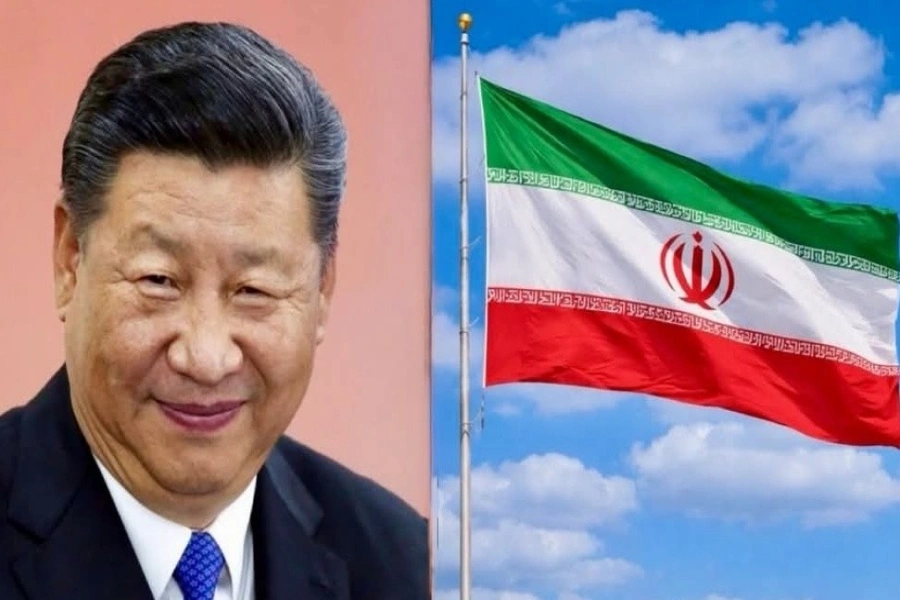Donald Trump's pause on a suite of tariffs that shook global markets this week has been controversial and drawn accusations of market manipulation but may simply be a hardball tactic to recalibrate the world economy to Washington's advantage, Martin Kuebler of Deutsche Welle wrote.
Trump's reciprocal tariffs first struck after midnight on Wednesday, and sent markets plummeting. He was quick to post to his Truth Social platform after the start of morning trade, telling investors to "BE COOL! Everything is going to work out well. The USA will be bigger and better than ever before!" and, minutes later, "THIS IS A GREAT TIME TO BUY!!!."
Within hours, he'd reversed course: While the US will maintain a universal 10% levy on imports at the border, a swath of additional taxes — for some nations as high as 50% — were lifted, Kuebler added.
The news sent diving markets suddenly soaring to the biggest single day on the S&P 500 and second-best for the Nasdaq since 2008.
Fight begins over Trump's taxes, lawyer slams Democrats' reques...

Only China saw its tariffs remain in place, with Trump further increasing them.
The 90-day pause on tariffs and the subsequent market response saw opponents ask whether Trump had engaged in insider trading or market manipulation.
Those comments abounded on internet messaging boards and social media, with some buyers potentially making big returns by "buying the dip" on Wednesday.
On Thursday, Democratic House Minority Leader Hakeem Jeffries said his party would be "aggressively demanding answers and transparency particularly as it relates to stock purchase decisions that may have occurred over the last few days." Senators Adam Schiff and Ruben Gallego are now seeking an ethics investigation into whether anyone benefited financially from advanced knowledge of Trump's decision, DW reported.
In response, White House spokesperson Kush Desai told The Washington Post that it was "the responsibility of the president of the United States to reassure markets and Americans about their economic security in the face of constant media scaremongering."
Insider trading, which is an illegal act, refers to the practice of buying or selling stocks using information not available to the public. Market manipulation is more broadly defined as attempts to influence the free operation of the open market for profit.
No evidence has been produced to indicate Trump engaged in either practice. But Richard Painter, a former ethics lawyer in the George W. Bush administration, told DW that Wednesday's events were unprecedented, DW reported.
"We have never had a president before weigh in on where to buy or sell stocks in particular," he said. "We've never had this happen when the administration is about to announce such significant changes to economic policies."
Painter said an investigation should be made into "who knew what the president's plan was on tariffs, and if anybody made trades based on that information."
However, it appears unlikely that investigations would be brought about in either Congress — where both houses are Republican-controlled — or the US Securities and Exchange Commission, which is responsible for insider trading investigations.






































